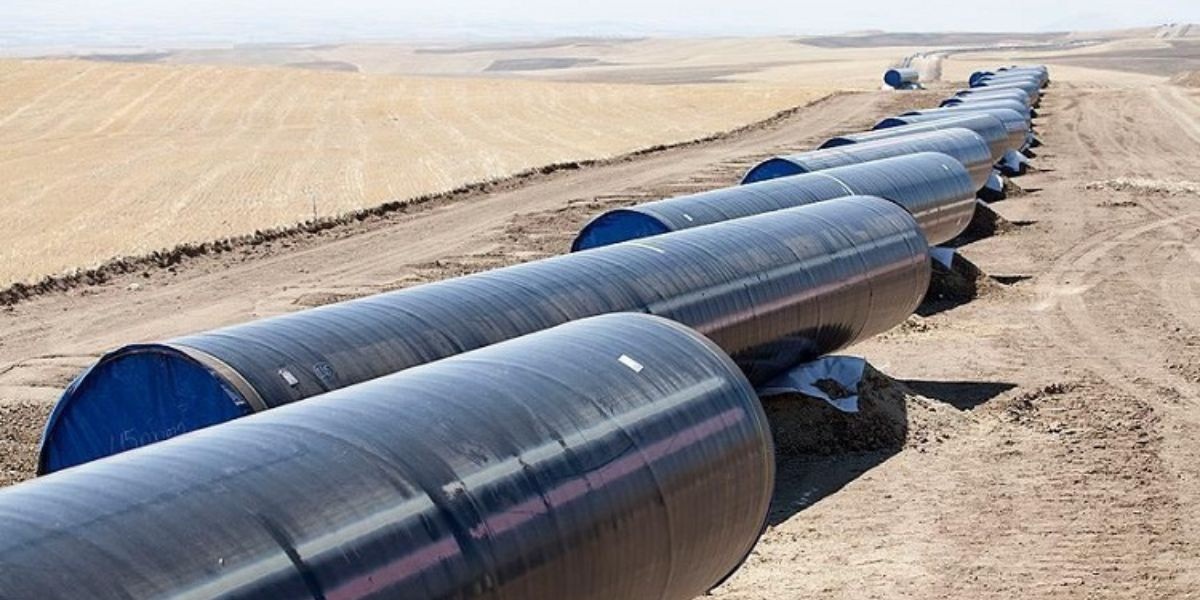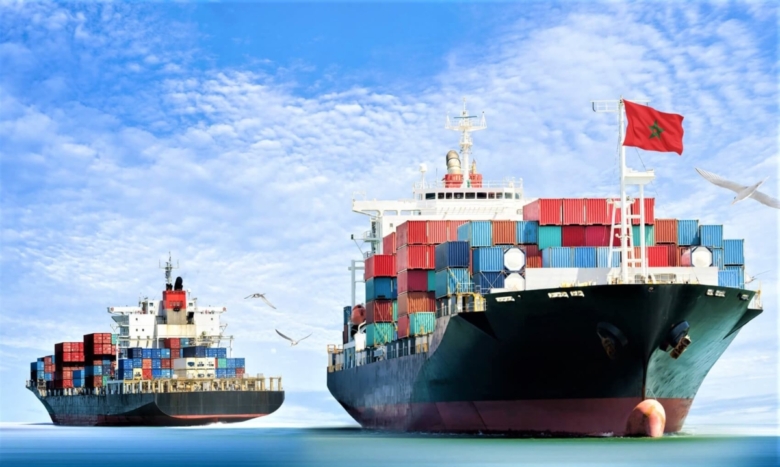The African Atlantic Gas Pipeline project (Nigeria-Morocco) aims to create true prosperity for Africa, Minister of Energy Transition and Sustainable Development, Leila Benali, said on Friday in Abuja.
Benali, who was taking part in a meeting of energy ministers from member countries of the Economic Community of West African States (ECOWAS), dedicated to the Atlantic African Gas Pipeline project (Nigeria-Morocco), said that this strategic project aims to enable the emergence of real prosperity for Africa and its people by exploiting African resources locally, developing industrial infrastructure and creating jobs.
The Nigeria-Morocco pipeline has always been more than just a pipeline, she stressed, adding that it is an eminently political project, the idea of which is supported by King Mohammed VI and the Presidents of Nigeria.
“Their support to this vision never weakened, as it is not just about an infrastructure crossing several African countries for 6,000 kilometers, a capacity of 15 to 30 billion cubic meters of gas, or modern access to energy for almost 400 million people spread across 13 countries,” the Minister said, adding that this project is above all a response to the global recognition, particularly in Europe, that the last reservoir of productive capacity for the decades to come is Africa.
Thanking the various partners who have embraced this vision and contributed to the perseverance required to pursue this initiative, Benali announced that the project is now called the Africa-Atlantic Pipeline, in reference to the King's Atlantic vision, which aims to offer the Sahel countries a gateway to the Atlantic and an opening to prosperity.
She also emphasized that this meeting is an opportunity to make concrete progress towards the financial and technical resources needed to make this project viable and feasible, including the renewable energy projects that are essential to Morocco's energy strategy.
Transnational infrastructures such as this pipeline require structured, continuous and rigorous financing, she said, adding that once operational, this infrastructure must be able to meet the energy supply needs of the continent and its partners.






